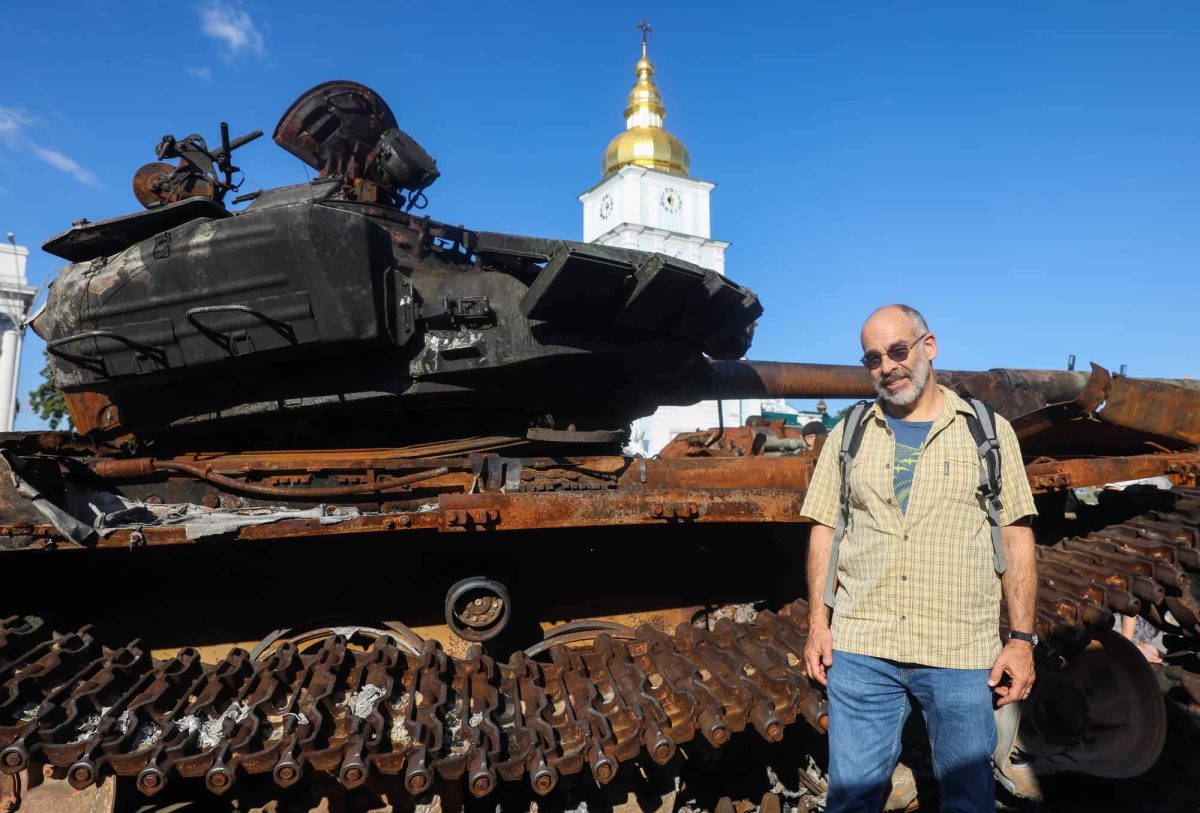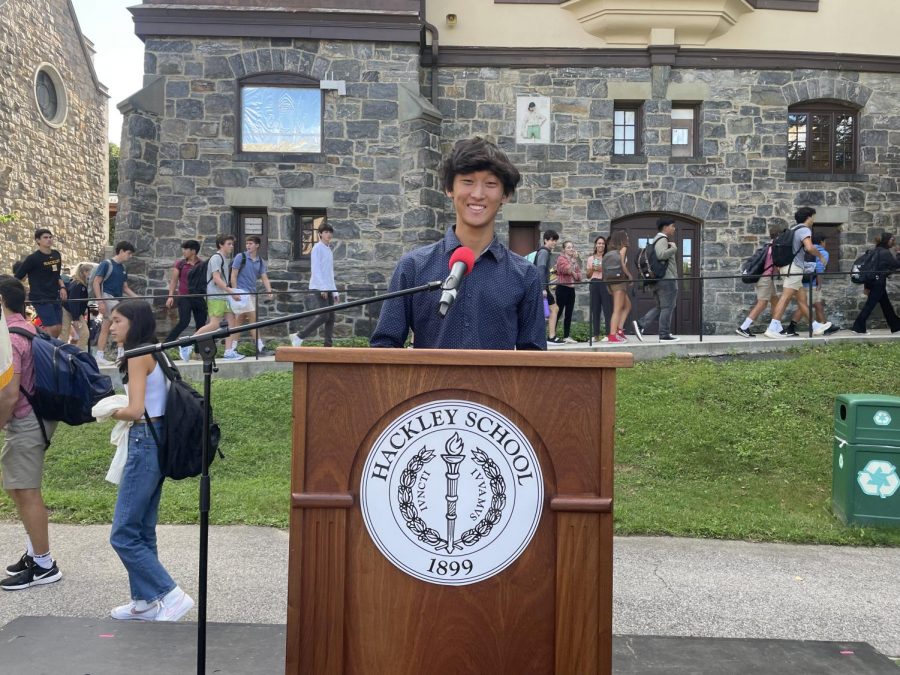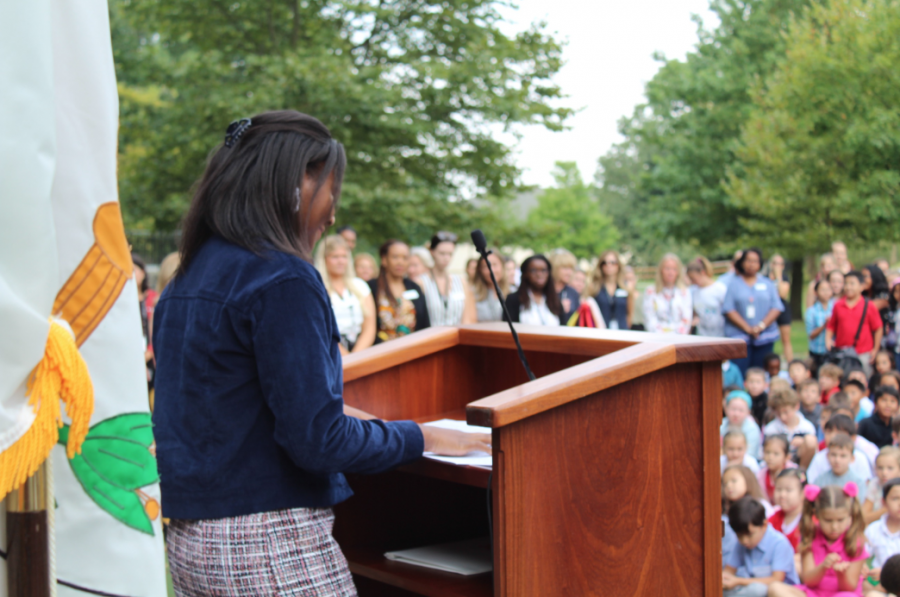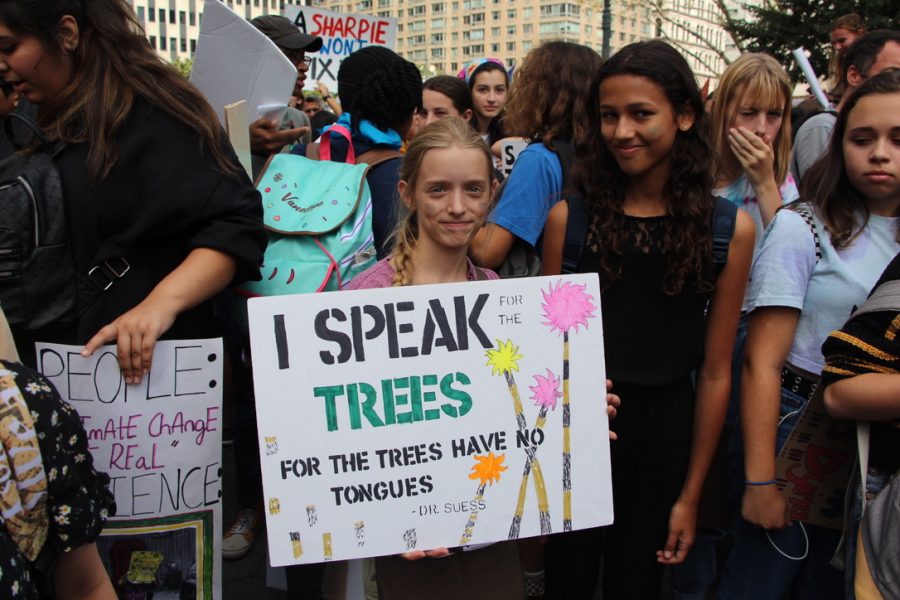As the division between a fractured Syrian population and its dictatorship widens, so do the positions of the Hackley student body on the matter. Ever since the beginning of the Arab Spring, a series of revolutionary protests in the Middle East, there has been extensive controversy over Arabian government policy and structure. These ideas spawned a complicated, violent conflict between government and opposition forces in various countries, most notably Syria. “There’s no clear-cut resolution to this problem, partly because the situation is so complex,” said History Department Chair William Davies.
The conflict between the Syrian people and Syrian President Bashar al-Assad, as well as his supporters, has recently come to the forefront of media attention. Junior Raj Chaudhry stated, “I had first heard about the crisis in Syria just before the start of the school year.” Many Syrians started to petition for Assad’s resignation after the government opened fire on non-violent protests, but Assad refuses to step down as president.
However, small-scale demonstrations have escalated into full-fledged combat. According to the United Nations, the Syrian government allegedly launched a chemical weapon attack on its citizens in late August, resulting in thousands of deaths.
Through all this turmoil, an important question has arisen: should the United States use military force to intervene in Syria? Hackley students have actively voiced their opinion on the topic.
Freshman Seth Tilliss said, “The U.S. should ally themselves with other countries to intervene in Syria, but I don’t believe that military force is necessarily the answer.” Sophomore JC Peruzzi said, “Many other dictators of countries around the world are killing their own people. Just because Syria has chemical weapons doesn’t mean we should risk our own lives to save their people.”
Mr. Davies held a neutral position. “While it’s fairly clear that the Assad regime is unsavory and will do pretty much anything to hold on to power, it’s less clear who or what would be the alternative government were he removed,” he said.
Upper School History teacher Mr. Bass felt the crisis connected to the 11th grade curriculum. He used the situation at the beginning of school before covering any content, having his eleventh grade classes consider what their position was on the Syrian crisis. After thoroughly discussing the situation with his students in class, Mr. Bass assigned a persuasive essay on whether U.S. intervention in Syria could be justified.
“A lot of the issues that are present in the Syria crisis are going to come up in our class,” he said, “For example, the current situation at hand can be extrapolated to two topics that we will cover right now: World War I and the formation of the League of Nations.”
Mr. Bass’ eleventh grade students felt that this essay was especially effective, in not only learning about Syria, but formulating positiosn on the issue. Junior Yuni Hahn said, “The essay helped me realize how much of a crisis we were in. If it wasn’t for the assigned paper on Syria, I would’ve been oblivious to the entire situation.” Similarly, Raj said, “The essay was particularly effective in helping me relate current events to foreign diplomacy issues in the early 1900’s. It also shed some light on smaller details of the war.”
Like Hackley students, avisors of the Obama administration have varying stances and have yet come to an agreement. The answer to the Syrian crisis seems bleak and as far off as the country physically is from the U.S. For now Hackley students will have to remainin glued to the closest lens they have on the country: the news, to learn how the sitaution, as well as their own views unfold.





